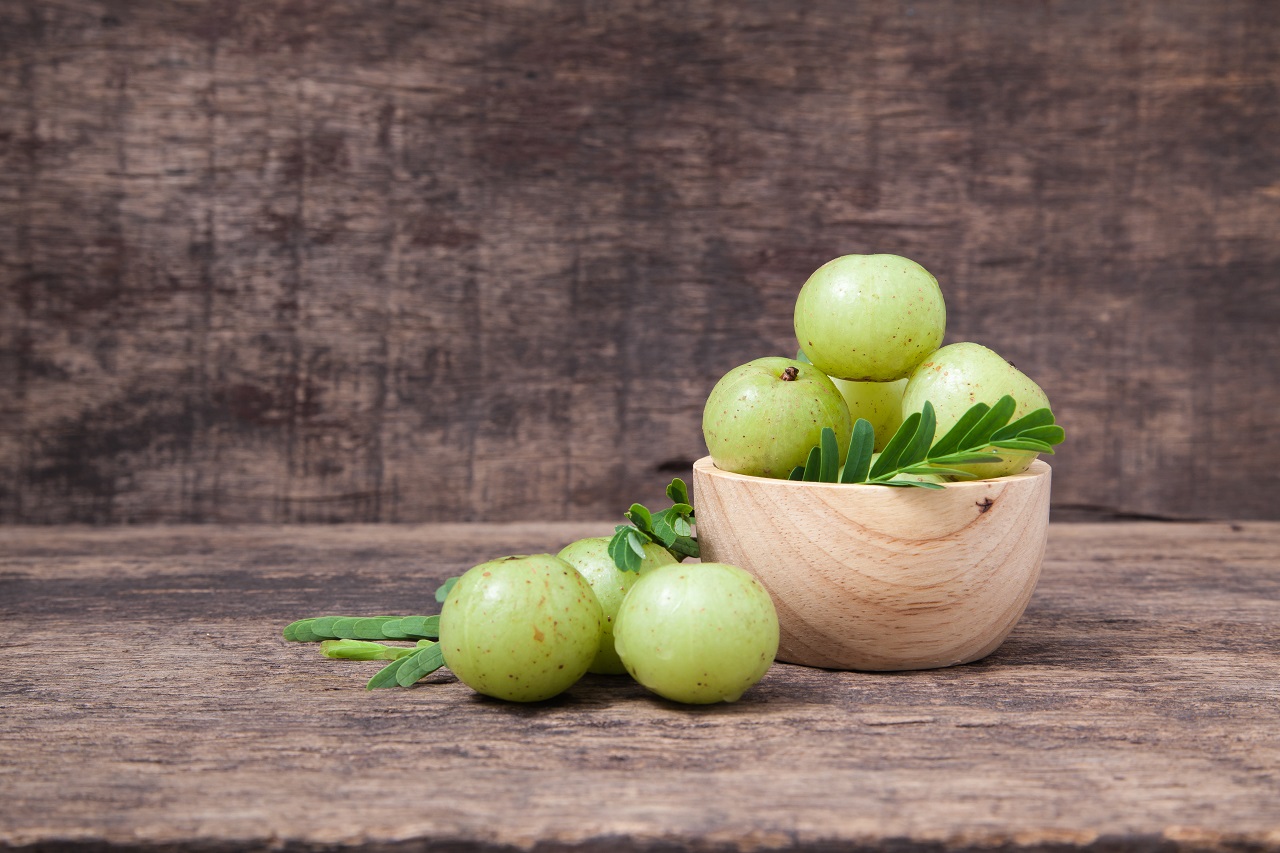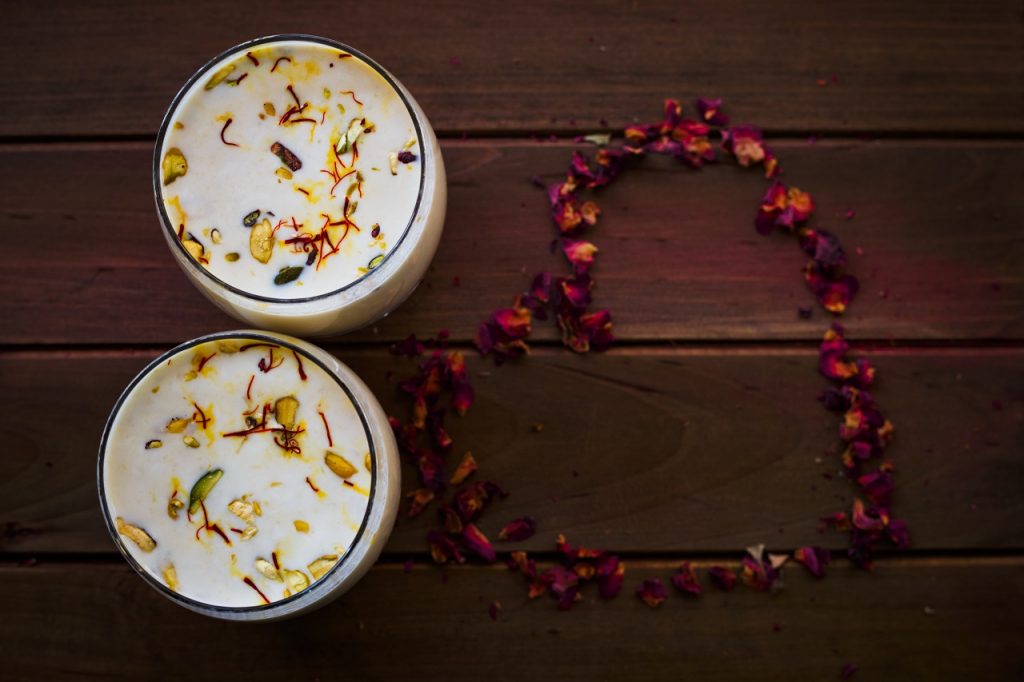
In a fast-paced world that rapidly drains us of energy, it is extremely important to be in the best of shape! In that pursuit, we are constantly searching for an elixir that will give us good health with least efforts.
What if we told you that you can have more energy, focus and overall good health? What if that magic elixir exists? More so, what if it is a fruit that you already know?
If you haven’t guessed it already, we are talking about the Indian Gooseberry or as it is popularly known – “Amla”. Since ancient times, it is used to cure various ailments, even if it is something as simple as aiding digestion to something as complex as fighting Diabetes and Heart Disease.
The Indian Gooseberry (Emblica officinalis or phyllanthus emblica) derives its name from the Sanskrit word “Amalaki”. This tree is a native of India and the neighboring South East Asian countries. The fruit is sour in taste but leaves a sweet aftertaste.
Let’s take a look at how it impacts health!
- Boost Immunity: The Indian Gooseberry is a powerhouse of Vitamin C and A. It greatly increases white blood cells in our body and is an excellent antioxidant, anti-inflammatory and anti-carcinogenic. It is like a powerful soldier that shields our body against various foreign toxins.
- Fights Cancer: It has the potential to restrict the growth of cancer cells by keeping harmful free radicals at bay. The Indian Gooseberry also counter-attacks the side effects of anti-cancer drugs, radiation and chemotherapy.
- Keeps Diabetes in Check: It helps regulate blood sugar levels in many ways. The chromium present in it is responsible for the pancreas to produce sufficient insulin and the polyphenol keeps the oxidative stress low, thus making the body more responsive to insulin.
- Good for the Heart: The cardio protective properties of the Indian Gooseberry due to the presence of Vitamin A and C, the chromium and iron help reduce cholesterol, increase HDL (Good cholesterol) and reduce LDL (bad cholesterol) and strengthen the heart muscles.
- Protects the Eyes: Regular use of the Indian Gooseberry can protect our eyes from cataract and short-sightedness. The impressive carotene content in it can keep night blindness away.
- Promotes a Healthy Liver: It is diuretic in nature, which means that it increases the volume and frequency of urine and fosters regular bowel movement. It also helps in eliminating toxic metals and the ill effects of excessive medication. Thus, it protects the liver. It also provides relief in the case of urinary tract infection.
- Fountain of Youth: The Indian Gooseberry supports longevity, helps smoothen wrinkles, fortifies the skin, prevents hair loss and greying and provides lustrous hair. Besides beauty, it is also a brain tonic which promotes clarity of thought and boosts memory.
The Not So Good Part of the Indian Gooseberry!
Since it is high in ascorbic acid, taking excessive quantities at night may erode the enamel in the teeth just like any other citrus fruit. Since it reduces Diabetes, sugar levels may drop, so keep your doctor informed about it. He may change your medication. Being diuretic, excess amla consumption may cause constipation to a few.
How to Eat the Indian Gooseberry
- The best way to have it would be raw. You can add rock salt and pepper to kill the sourness
- Powder and tablets are a convenient way to have it, but to be taken under medical supervision
- Indian Gooseberry juice either freshly made at home or store bought are great options
- Chawanprash: a healthy way to include it. 1-2 tsp can be taken daily
- Amla Murabba: Since it has a good amount of sugar, which acts as a preservative, you can wash off the excess sugar syrup just before eating
- Eat it as a chutney, pickle or you can even opt for Amla Candies
To put it all in a nutshell, taken in any form, it is a simple yet effective way to good health. It is worth its weight in gold and this information shouldn’t be ignored but passed on to the next generation!
Want to know more about the Indian Gooseberry? Let us know in the comments below! For further information or guidance, reach out to our certified experts by subscribing to GOQii’s Personalised Health Coaching here.
#BeTheForce
 Wouldn’t it be great to have a doctor assess your health or medical conditions online? Imagine having an online consultation with a doctor who is familiar with your issues, knows your medical history and is proficient enough to tackle the issues with simple lifestyle changes. You don’t have to look far! All you need to do is download the
Wouldn’t it be great to have a doctor assess your health or medical conditions online? Imagine having an online consultation with a doctor who is familiar with your issues, knows your medical history and is proficient enough to tackle the issues with simple lifestyle changes. You don’t have to look far! All you need to do is download the 




